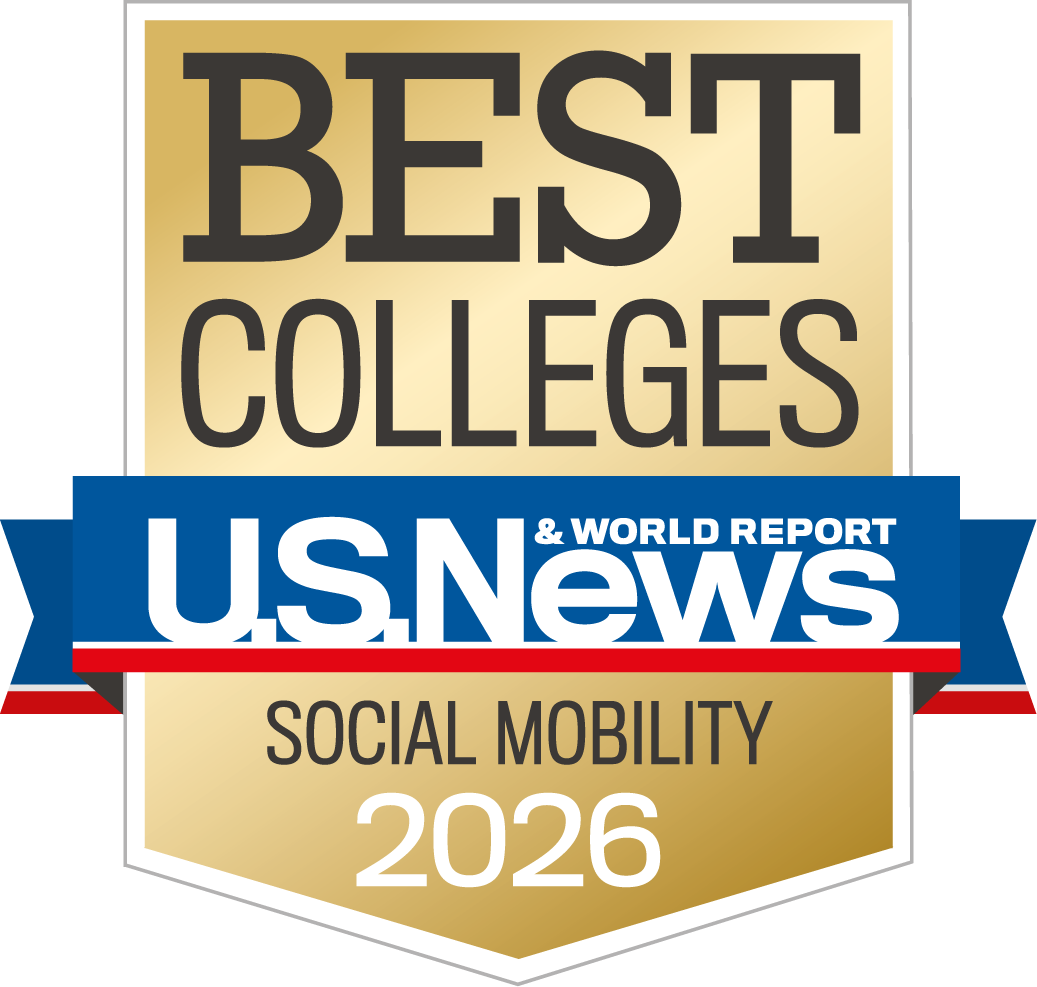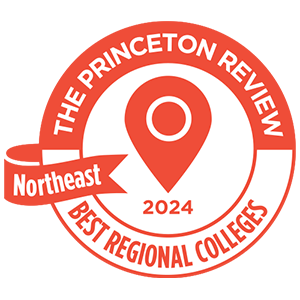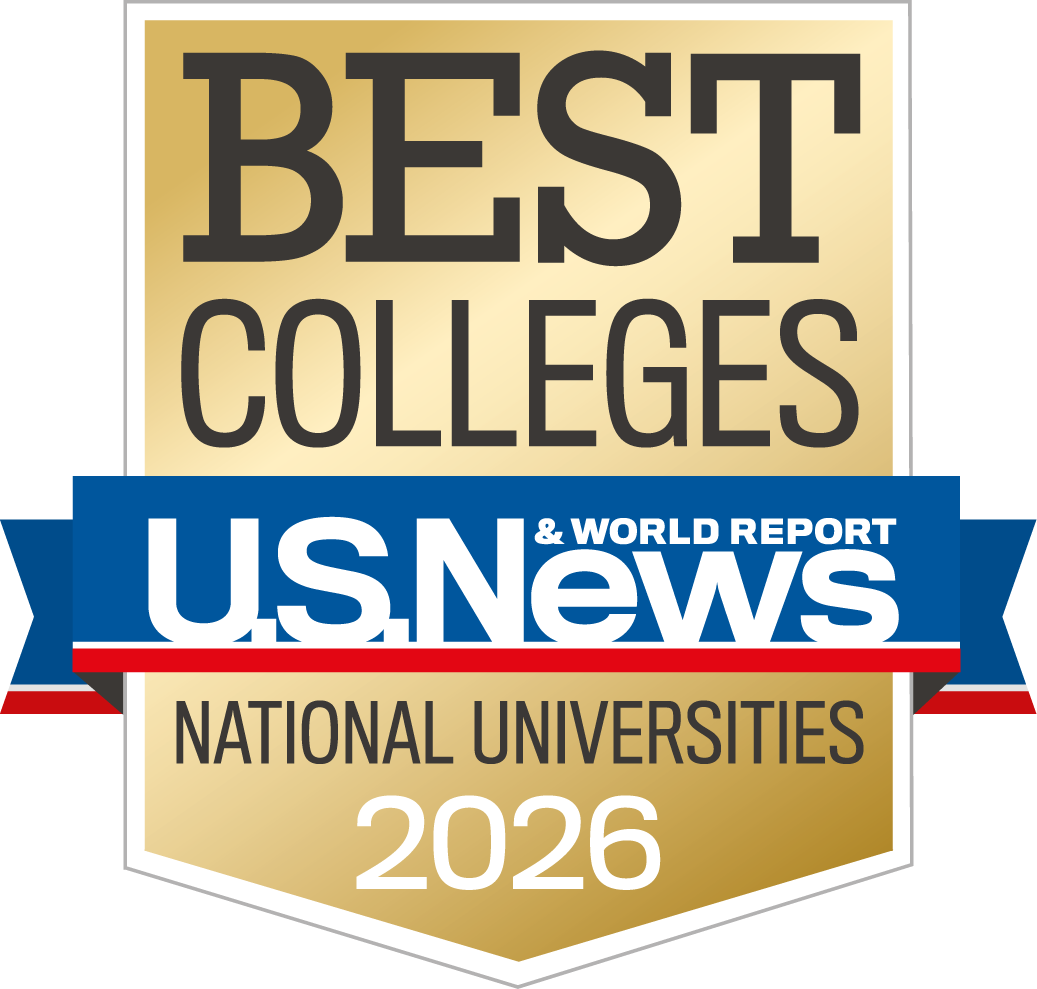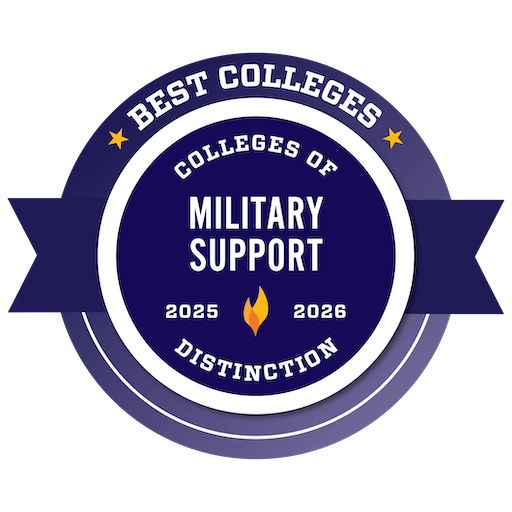Online MPH - CEPH Accredited

Promote Health Equity in Your Career
Small Classes
CEPH-Accredited
100% Online Coursework
Learn More Today
Complete the form to learn more about Adelphi’s programs. An enrollment counselor will reach out to you to discuss coursework, financial aid and more.
- Duration 2–3 Years
- Cost per Credit $940
- Credit Hours 42
Program Benefits
- Personalized attention from instructors
- Small classes
- Unique focus on vulnerable populations
- Robust career services
Advanced Expertise to Make an Impact
Advance your public health career in as little as two years and make a difference locally and globally with the CEPH-accredited online MPH program from Adelphi University. As an online student, you’ll receive personalized attention from industry-experienced instructors and career services experts to ensure you receive the support you need to further your career.
The program’s curriculum focuses on the health issues of underserved and vulnerable populations to prepare you to develop effective solutions. You’ll gain hands-on experience through fieldwork and a capstone project designed for integrating and applying classroom learning.
Gain the Skills to Create Solutions
42 Credits
8-Week Terms
The courses required for the online MPH program focus on communities with an emphasis on underserved and vulnerable populations to prepare and develop effective solutions. Through small classes taught by industry experts, you’ll examine the environment’s impact on humanity and epidemiology on a global scale.
MPH Foundation Courses (All Required) (18 Credits)
MPH Generalist Courses (All Required) (12 Credits)
Students will examine the most vital accounting and financial management principles and concepts relevant to health services organizations. Subjects include estimating costs, pricing decisions and profit analysis, planning and budgeting, resource management, business financing, capital investments, cash flow, risk and variance analysis, and reporting assets and profits.
Develop a working knowledge of today’s issues in environmental health. Incorporate various activities and methods to enrich instruction in environmental health.
Electives (Choose 2 Courses for a Total of 6 Credits)
This course is designed to help students develop the essential skills to create public health program initiatives as well as to evaluate program effectiveness. Students are, therefore, exposed to all phases of developing a public health program from conducting a social analysis and needs assessment to using quantitative and qualitative data collection research methods to evaluate public health program outcomes at various stages of a public health program. Students also learn to appreciate how these skills can be used as practical tools for identifying public health problems, program development, program implementation, including ensuring equity and fairness in program delivery (i.e. combating disparities), communicating findings to all audiences and generally promoting public health through effective and efficient programmatic efforts. Students will select a current evaluation report of an existing public health program to review and critique.
Culminating Experience (6 Credits)
Adelphi Online MPH Admissions Details
Transfer Up to 6 Credits
No GRE/GMAT Required
Earn your Master of Public Health degree online from Adelphi University. Submit your application today.
| Degree | Bachelor’s degree from an accredited institution |
| Courses | College level Statistics course |
| Transcripts | Official transcripts from all prior institutions |
| Other Requirements | Résumé, two letters of recommendation, 2.85 GPA, personal essay and a $60 application fee |
| Online Application Form | Apply Now |
International Students
In general, International Students are welcome to apply to our programs that do not have fieldwork components, however, there are visa restrictions and program admission requirements.
Our online programs do not qualify for F-1 Student visas. In addition to this program’s general admission requirements listed above, we require English Proficiency exam results for students in non-English speaking countries. Students with international coursework must also submit a course-by-course evaluation of their academic work prepared by a NACES member organization. Adelphi recommends you use The Evaluation Company (TEC) or IEE (discount provided for Adelphi applicants) or ECE, but any NACES member evaluation would be acceptable.
Transfer Credits
The online MPH program accepts up to six transfer credit hours. All transfer credits must be approved no later than the first semester of admission in the program and must be earned from a CEPH-accredited degree program.
When to Apply
Apply now to earn a CEPH-accredited MPH online from Adelphi University. Choose from two annual start dates and take one step closer to career advancement.
An Affordable, CEPH-Accredited MPH Program
$39,480
Total Tuition
$940 Per Credit Hour
The online Master of Public Health program is an affordable route to career advancement opportunities within your field. From scholarships to student loans, we are committed to helping you understand your options regarding financing your education.
| Cost per credit hour | $940 |
| Total number of credit hours | 42 |
| Total estimated cost, minus fees | $39,480 |
| Additional fees | $60 application fee |
Military Students
Your education is an investment, and at Adelphi University we’re proud to make it as affordable as possible. We now offer tuition for Veterans & Active Military (including eligible spouses and dependent children) at a discounted rate of just $250 per credit hour for undergraduate programs.
Additionally, an application fee waiver is available to all military personnel and veterans. To learn more about this and other benefits for servicemembers please visit our veterans and military resource page here.
Financial Aid Opportunities
When you apply to Adelphi University, we suggest you fill out the FAFSA® as soon as possible. Adelphi’s FAFSA® number is 002666.
In addition to FAFSA® and any financial aid Adelphi University can offer, we encourage you to search for tuition assistance from your employer, grants or scholarships. You can also speak with an Adelphi enrollment counselor at any time to explore your options by calling 855.476.7985. Find out more about financial aid.
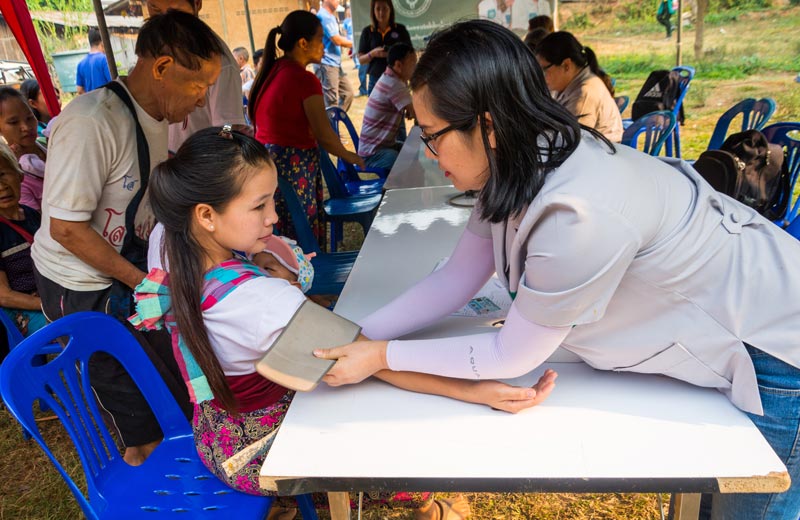
Explore New Opportunities in a Fast-Growing Field
Our online MPH program is designed to help you advance in your public health career as a leader and an advocate. When you graduate with your master’s, you’ll be fully equipped to address local and global health issues and take on many of the most in-demand roles within the field.
- Employment in epidemiology is expected to grow 30% by 20301
- More than 21,000 new community health and health education jobs are expected to be created by 20302
Robust career services
As an online student, you will have access to comprehensive support through our Center for Career and Professional Development. Our team of career educators can prepare you for professional success through services like Handshake, recruitment programs and job fairs.
Advanced Opportunities
Epidemiologist $78,5201 per year
Public Health Program Manager (or Coordinator) $78,0002 per year
Health Services Manager $104,8303 per year
Emergency Management Director $79,1804 per year
Top Recognition for Adelphi University
Adelphi has been transforming lives with our unique approach to learning for more than 125 years. By welcoming students from around the globe both on campus and online, we’ve expanded our academic offerings and geographic reach, celebrating significant milestones and successful outcomes.
Adelphi University is accredited by the Middle States Commission on Higher Education, and our degree programs have received considerable recognition from numerous national publications and organizations, including U.S. News & World Report, The Princeton Review, Colleges of Distinction, Military Friendly and more:
Program Outcomes and Skills Acquired
As you complete the online MPH program, you’ll examine today’s most urgent public health issues and learn how you can make a positive impact in the lives of those in vulnerable populations. You’ll build skills to develop effective health solutions and gain leadership expertise to stand out as a trusted voice in the field.
What You’ll Learn
- Understand how social and behavioral issues impact the field of public health, specifically in vulnerable populations.
- Make connections between the state of public health in diverse communities and the impact of environmental stressors and access to public health programs and services.
Skills You’ll Gain
- Epidemiology
- Public Health Assessment
- Healthcare Finance
- Social Research
- Program Development and Evaluation
- Health Management
Faculty Spotlight

Maria-Pilar Martin, Assistant Professor College of Nursing and Public Health
Maria-Pilar Martin, MD, MPH, specializes in health inequities, specifically those affecting Hispanics and Haitians. She worked with the Spanish Medical Association, the Spanish Society of Epidemiology, and the American Public Health Association during the pandemic. She is executive director of International Health Connection, a nonprofit devoted to public health and health education she founded after serving in Haiti in the aftermath of the 2010 earthquake.
Get Support From Experienced Faculty
Our faculty members are expert practitioners in their fields and are dedicated to supporting our students and helping them grow as learners. Through the course of your study at Adelphi, they’ll be here to give you guidance and help you with your questions, so you’ll always feel supported.
Online Study at Adelphi University
By enrolling in Adelphi University’s online programs, you’re gaining access to a team of supportive faculty and top-notch student services. Online study at Adelphi includes:
Answers to Common Questions
Browse our FAQs to find answers to your questions regarding the online MPH program.
Yes! Adelphi University is regionally accredited by the Middle States Commission on Higher Education and holds necessary programmatic accreditations as well. You’ll be held to the same high standards as our students on campus.
Yes, you can complete the FAFSA® to determine financial aid eligibility. Adelphi University’s FAFSA® code is 002666.
Applying is easy! You can start your application to the online MPH program by clicking here.
Our online MPH is offered in a part-time format, taking most students 2-3 years to complete. Total completion time depends on the number of transfer credits accepted, and your pace.
Yes. The online MPH program accepts up to six transfer credit hours. All transfer credits must be approved no later than the first semester of admission to the program. Additionally, Students must have earned at least a grade of B- from a CEPH-accredited degree program.
Students who complete the online MPH degree graduate with the skills to pursue advanced opportunities within the field, including positions such as hospital administrator, epidemiologist, public health educator, emergency management director and more. Learn about your career options by visiting our program overview page.
Sources
- “Epidemiologists,” Bureau of Labor Statistics, U.S. Department of Labor, Occupational Outlook Handbook. Retrieved on November 13, 2023 from https://www.bls.gov/.
- “Administrative Services and Facilities Managers,” Bureau of Labor Statistics, U.S. Department of Labor, Occupational Outlook Handbook. Retrieved on November 13, 2023 from https://www.bls.gov/.
- “Medical and Health Services Managers,” Bureau of Labor Statistics, U.S. Department of Labor, Occupational Outlook Handbook. Retrieved on November 13, 2023 from https://www.bls.gov/.
- “Emergency Management Directors,” Bureau of Labor Statistics, U.S. Department of Labor, Occupational Outlook Handbook. Retrieved on November 13, 2023 from https://www.bls.gov/.

